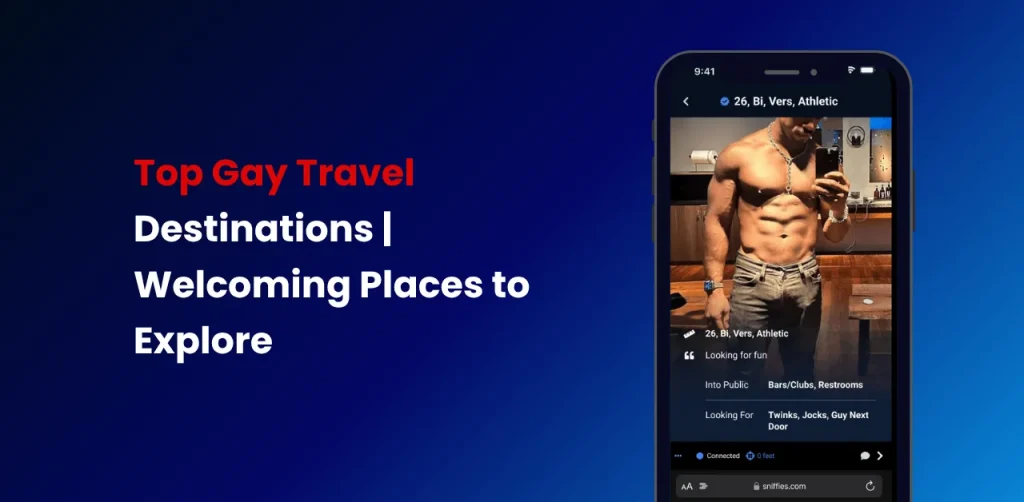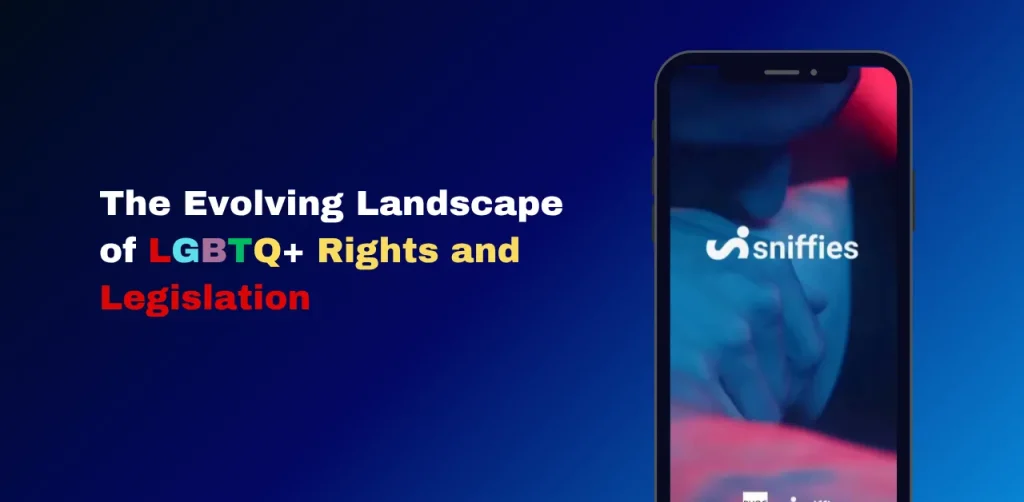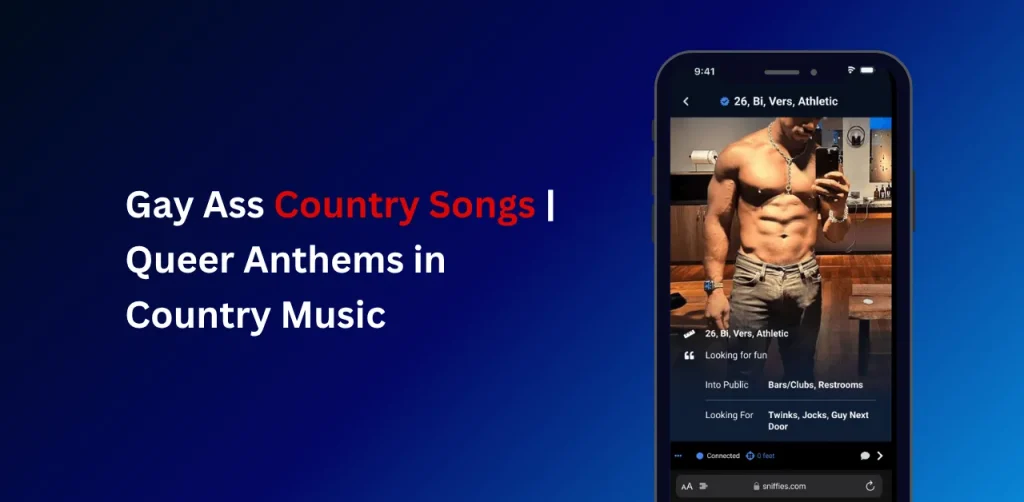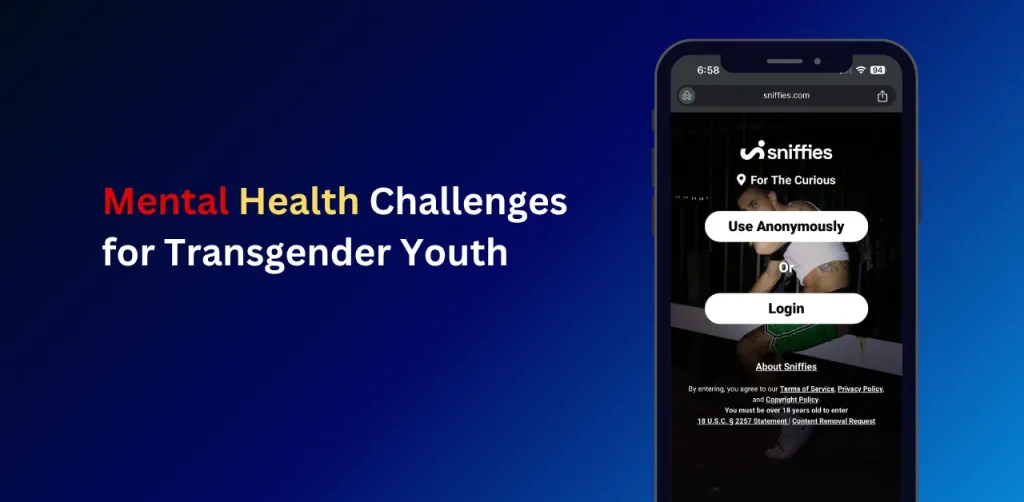The Rise of LGBTQ Senior Communities
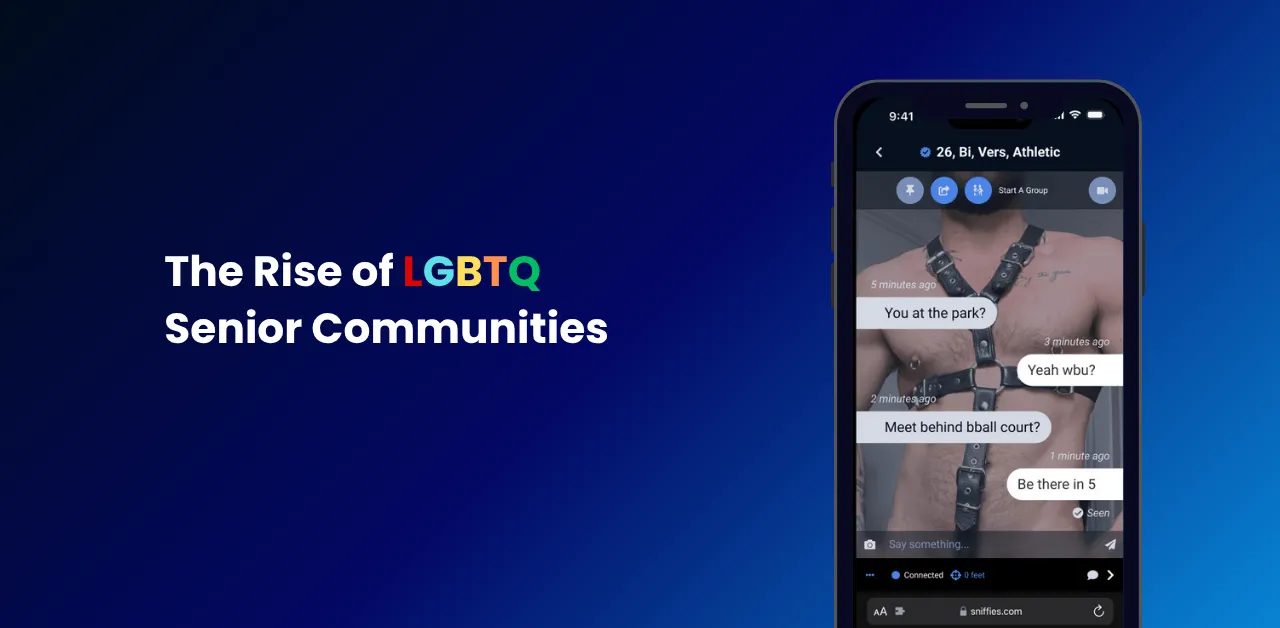
The rise of LGBTQ senior communities reflects a growing demand for safe, affirming spaces where older queer adults can age with dignity. As of 2023, over 3 million LGBTQ+ adults aged 50+ live in the U.S., with 39% reporting concerns about discrimination in senior care, per the Williams Institute. These communities offer tailored support, addressing unique challenges like social isolation and healthcare disparities.
Why The Rise of LGBTQ Senior Communities
Addressing Historical Discrimination
LGBTQ seniors, especially those who lived through pre-Obergefell eras, often faced systemic discrimination. A 2021 SAGE study found 48% of queer seniors experienced rejection in housing or care settings. LGBTQ senior communities counter this by:
- Creating Safe Spaces: Facilities like Stonewall House in Brooklyn prioritize inclusivity, offering gender-neutral amenities.
- Staff Training: Programs like SAGECare train staff on queer-specific needs, reducing bias.
Evolving Demographics
The aging LGBTQ+ population is growing, with 11% of U.S. adults over 65 identifying as queer, per Gallup 2023. Gen Z’s push for inclusivity also influences younger generations to advocate for their elders, amplifying demand for affirming spaces.
Benefits of LGBTQ Senior Communities
Social Connection
Isolation is a major concern, with 59% of LGBTQ seniors living alone compared to 49% of non-LGBTQ seniors, per AARP. These communities foster:
- Community Events: Pride celebrations and queer history workshops build bonds.
- Peer Support: Residents connect over shared experiences, reducing loneliness.
Tailored Healthcare
LGBTQ seniors face unique health needs, like higher rates of mental health challenges (34% report depression vs. 24% of non-LGBTQ seniors, per SAGE). Benefits include:
- Affirming Care: Providers trained in gender-affirming care and HIV management.
- Mental Health Support: Access to queer-friendly therapists, reducing stigma.
Learn about health disparities in Mental Health Challenges for Transgender Youth.
Legal Protections
Communities ensure compliance with laws like the Fair Housing Act, protecting against discrimination. The 2025 Long-Term Care Equality Index by SAGE and HRC highlights facilities excelling in inclusivity.
Challenges Facing LGBTQ Senior Communities
Limited Availability
Only 100+ U.S. facilities are explicitly LGBTQ-friendly, per SAGE, leaving many seniors without access, especially in rural areas. X posts note advocacy for more communities in states like Texas.
Financial Barriers
LGBTQ seniors are twice as likely to have incomes below $24,000 annually, per the Williams Institute. Affordable options are scarce, with private communities costing $3,000-$7,000 monthly.
Ongoing Stigma
Despite progress, some facilities lack cultural competence. A 2022 study found 23% of queer seniors avoided healthcare due to fear of bias, underscoring the need for trained staff.
How to Find and Support LGBTQ Senior Communities
Finding Inclusive Communities
- Use Directories: SAGE’s National LGBTQ+ Elder Housing Navigator lists vetted facilities.
- Check Certifications: Look for SAGECare credentials or HRC’s Long-Term Care Equality Index ratings.
- Visit and Ask: Inquire about staff training, queer-specific programs, and gender-neutral facilities.
Supporting as an Ally
- Advocate Locally: Push for inclusive policies in local senior centers, as recommended by AARP.
- Volunteer: Offer time at queer-friendly facilities to lead workshops or events.
- Donate: Support organizations like SAGE to expand community outreach.
Discover advocacy strategies in LGBTQ checkout Queer Country Artists.
For Businesses
- Add Inclusive Signage: Use “LGBTQ-friendly” tags on Google Business Profiles, as suggested by Reputation.com.
- Host Events: Organize Pride Month activities, like those outlined in Sniffies’ Pride event tips.
The Role of Policy and Advocacy
Legislative Support
The Equality Act, if passed, would strengthen protections against discrimination in housing and care. Advocacy groups like SAGE push for federal funding to expand affordable queer senior housing.
Community Advocacy
Grassroots efforts, like those highlighted on X, call for more inclusive zoning laws to support new communities. Engaging with local policymakers can drive change.
Future of LGBTQ Senior Communities
Expanding Access
Innovations like co-housing models, where seniors share spaces, are emerging. A 2024 pilot in Seattle blends queer seniors with younger LGBTQ+ adults, fostering intergenerational support.
Technology’s Role
Apps like the Power Smart App in Pakistan show how digital tools can empower communities. Similar platforms could connect LGBTQ seniors to resources, enhancing visibility.
Cultural Shifts
As Gen Z’s inclusivity shapes culture, future communities will likely integrate more diverse identities, like nonbinary and asexual seniors, per Northeastern University’s research.
What Makes a Community LGBTQ-Friendly?
A community is LGBTQ-friendly if it has inclusive policies, trained staff, and a welcoming environment. Look for SAGECare certification and resident testimonials.
Are These Communities Only for LGBTQ Seniors?
No, many welcome allies and non-LGBTQ residents who support inclusivity.
How Can I Afford an LGBTQ Senior Community?
Some, like Triangle Square, offer subsidized housing. Check for government funding or nonprofit support.
What If I Live in a Rural Area?
Rural areas may lack dedicated communities, but virtual programs or local organizations like the Virginia Rural Health Association can provide support.
Conclusion: Building a More Inclusive Future
The rise of LGBTQ senior communities marks a pivotal shift toward inclusive aging, addressing discrimination, isolation, and healthcare needs. By supporting these spaces through advocacy, policy, and engagement, we can ensure queer seniors thrive. For resources, contact SAGE at 1-877-360-LGBT or explore Sniffies’ queer community support guide. check out our new blog about All Genders According to LGBTQ+ Names



